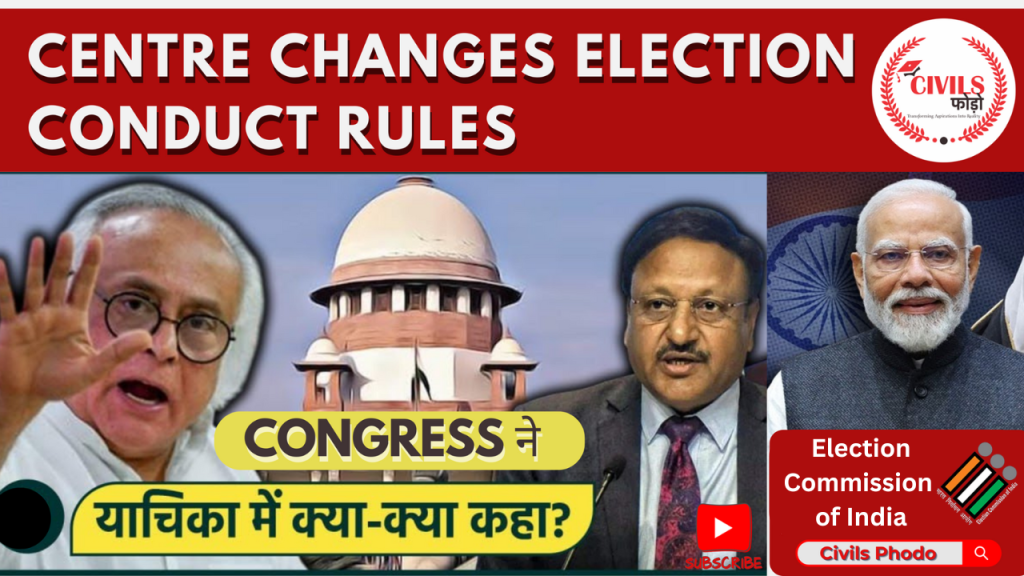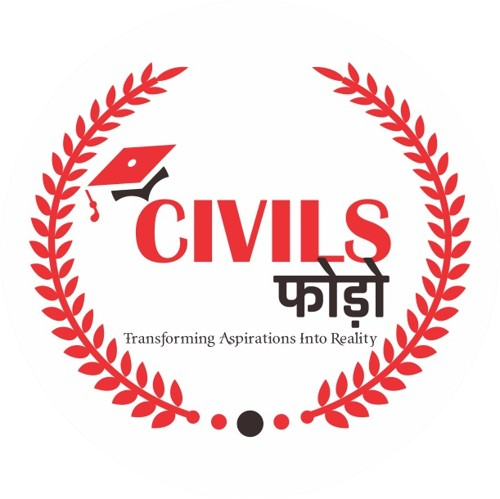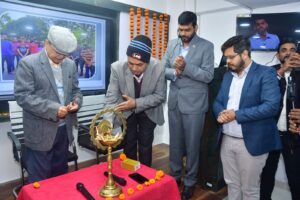
Introduction
The integrity of India’s electoral process and the concept of Election Transparency have come under sharp focus following the recent amendment to Rule 93(2)(a) of the Conduct of Election Rules, 1961. Previously, the rule allowed public access to most election-related documents, but the revision now restricts access to certain electronic records, such as CCTV footage and webcasting data. While the government justifies this move as a measure to prevent misuse and ensure voter secrecy, opposition parties and transparency activists argue that it undermines the public’s right to scrutinize the electoral process. This article examines the amendment, its implications, and the controversy it has sparked.
Context:
- A Case has been filed by Congress and other opposition parties on recent amendment to conduct of election rules 1961.
- The government of India recently amended rule 93(2)(a) of the conduct of election rules, 1961.
- It restricts public access to certain electronic election records, such as CCTV footage and web casting recordings


What is the Conduct of Election Rules?
- It is a set of rules which provide for provisions on how to conduct the elections.
- It is rule under the Representation of People Act, 1951.
Recent Amendment:
- Amendment to rule 93(2)(a) of the 1961 Conduct of Election Rules.
- Previously, the rule stated that all other papers relating to the election shall be open to public inspection.
- Now, the rule stated that all other papers as specified in these rules relating to the election shall be open to public inspection.
Read | UNDERSTANDING THE MINORITIES RIGHTS INCLUDING CONSTITUTIONAL INTERPRETATION
Scope of Exclusion:
- Nomination forms, results, and election account statements remain accessible.
- Electronic materials, such as polling station CCTV footage, are excluded to prevent misuse.
Why Amendment Now?
- Recently, Punjab & Haryana High Court directed Election Commission to share all documents related to Haryana assembly election.
- This order also treats CCTV footage as part of all documents.
- Election Commission was of the view that giving such broader meaning to all documents may lead to misuse.
What Misuse?
- The rule 93(2) mentioned election papers and there was no mention of electronic records. This was ambiguous and subjective, allowing courts to interpret using its own discretion.
- May lead to violation of secrecy of vote.
- Potential misuse of CCTV footage of inside the polling station using AI.
- May have serious repercussions, especially in sensitive areas where secrecy is important. For example, like areas affected by insurgency and Naxalism.
Arguments of transparency activists:
- According to transparency activist Anjali Bharadwaj, Rule 93 is akin to the Right to Information Act as far as elections are concerned and, any change hurts the citizen’s right to know about the process.
- Venkatesh Nayak, Director Commonwealth Human Rights Initiative: upon initial examination, the amendment appears to be aimed at restricting citizen-voters’ right to access a large number of documents created during Parliamentary and State Assembly elections.
Arguments of Opposition:
- It erodes integrity of the electoral process managed by the Election Commission.
- Many Opposition parties accused the Election Commission of undermining multiparty democracy by taking unilateral decisions without consulting all political parties.
Conclusion
The recent amendment to Rule 93(2)(a) of the Conduct of Election Rules, 1961, has drawn a fine line between electoral transparency and safeguarding the integrity of the voting process. While the government and the Election Commission argue that the changes are necessary to prevent misuse and ensure voter secrecy, critics view it as a potential blow to public trust in the electoral system. As the debate continues, it is crucial to strike a balance between transparency and security to uphold the democratic principles India stands for.






